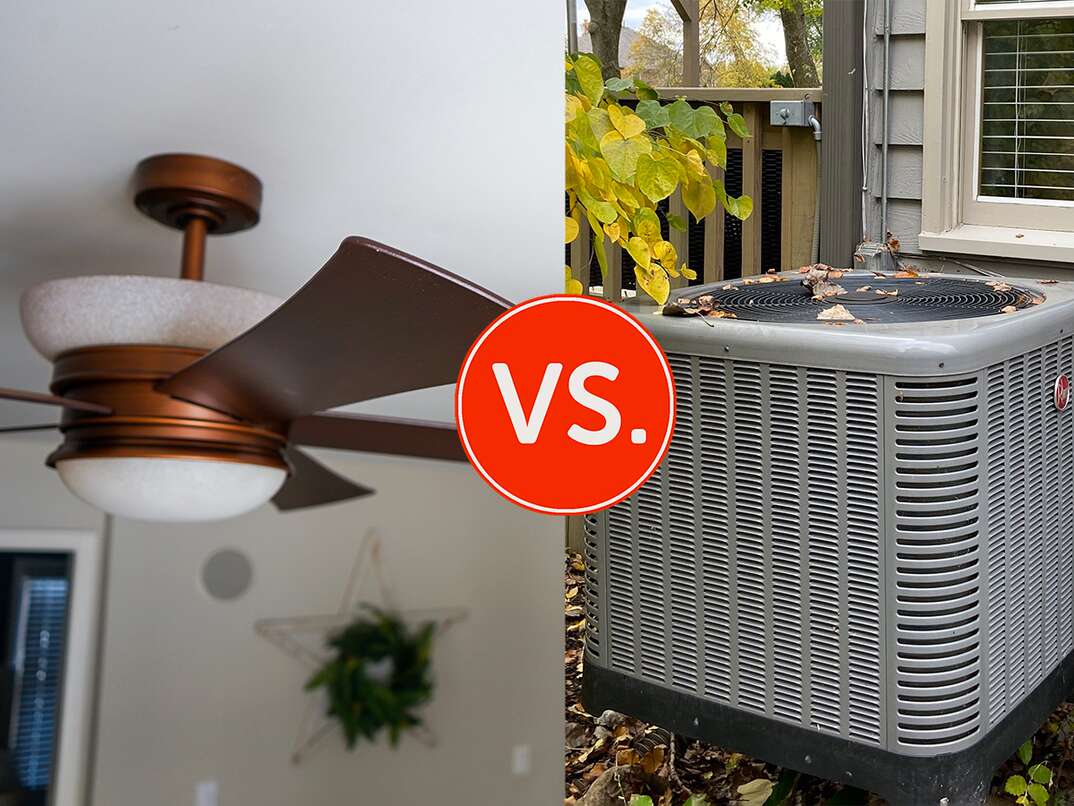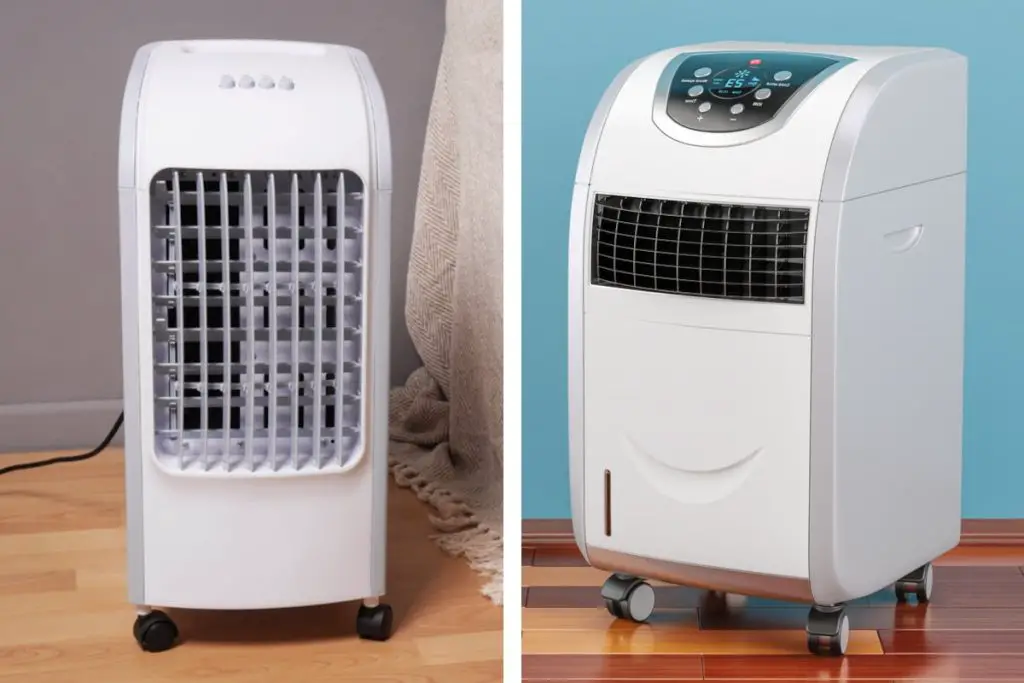When it comes to keeping your home cool and comfortable during the scorching summer months, the battle between air conditioner and air conditioning units is a hot topic. Both systems aim to regulate the indoor temperature, but they differ in various aspects, including functionality, efficiency, and installation. In this article, we will delve into the differences between air conditioner and air conditioning, helping you make an informed decision for your cooling needs.
Understanding the Basics
Before we jump into the comparison, it’s essential to understand the fundamentals of air conditioner and air conditioning units.
Air Conditioner
An air conditioner is a standalone system that is designed to cool the air. It consists of an outdoor unit containing a compressor and condenser, and an indoor unit containing the evaporator coil. The outdoor unit expels hot air, while the indoor unit blows cool air into the living space.
Air Conditioning
Air conditioning, on the other hand, refers to a broader concept that encompasses a complete climate control system for heating, ventilation, and air conditioning. It includes the ability to not only cool the air, but also heat it during the colder months and regulate indoor air quality.
Comparison of Key Factors
Functionality
One of the primary distinctions between an air conditioner and air conditioning is their functionality. An air conditioner is solely responsible for cooling the air, while air conditioning units offer a more comprehensive range of functions, including heating and ventilation in addition to cooling.
| Factor | Air Conditioner | Air Conditioning |
|---|---|---|
| Cooling | Yes | Yes |
| Heating | No | Yes |
| Ventilation | No | Yes |
Efficiency
When it comes to energy efficiency, air conditioning units have the upper hand. They can regulate indoor temperature throughout the year, making them a more versatile and energy-efficient option compared to standalone air conditioners.
Installation And Cost
Installing an air conditioning system may involve a higher upfront cost compared to a standalone air conditioner. Air conditioning units are more complex and require additional components for heating and ventilation. However, for comprehensive climate control, the investment is often justified in the long run.
Which One Is Right for You?
Ultimately, the choice between an air conditioner and air conditioning depends on your specific needs and preferences. If you live in a region with extreme temperature variations and require a year-round climate control solution, air conditioning may be the better option. On the other hand, if your primary concern is cooling during the summer, a standalone air conditioner may suffice.
It’s essential to consider factors such as upfront costs, long-term energy efficiency, and the climate of your region when making this decision. Consulting with a professional HVAC technician can also provide valuable insights tailored to your unique circumstances.

Credit: www.homeserve.com
Conclusion
In conclusion, both air conditioner and air conditioning units have their own set of pros and cons. Understanding the differences between the two is crucial in making an informed decision when it comes to keeping your home comfortable year-round. Whether you opt for the simplicity of an air conditioner or the comprehensive functions of air conditioning, the key is to choose a system that meets your specific cooling and climate control needs.
Remember, maintaining your cooling system regularly and using it responsibly can significantly impact its performance and longevity, regardless of whether you choose air conditioner or air conditioning.

